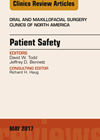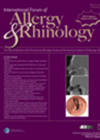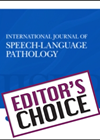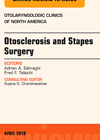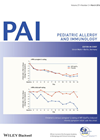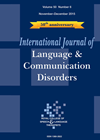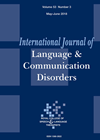
Journal Reviews
Preoperative planning of the surgical patient
This article covers the need to effectively optimise patient status preoperatively to help maximise postoperative outcomes. The article is well written and emphasises close liaison with anaesthetic colleagues particularly regarding airway assessment and nausea and vomiting. As is becoming common...
FESS for recurrent acute rhinosinusitis: at last, some data
As noted in both the EPOS 2012 and in the (more recent) ICARS 2016, there is a paucity of evidence on the effectiveness of surgery for recurrent acute rhinosinusitis (RARS). The authors used a control group of patients with CRSsNP,...
Snap: do voice patients’ self-ratings match the professionals or the machines?
Self-rating by people with voice disorders and perceptual assessments by speech and language therapists are generally quicker and cheaper than acoustic voice analysis. Reports, with small sample sizes and mixed participant groups, on whether these measures are associated have demonstrated...
Preoperative risk factors: when do you need to refer to the haematologist?
It is essential that clinicians are able to identify and assess which patients are in the high risk category for bleeding during ENT surgery. A full history, including medications, herbal remedies taken, any other medical co-morbidities and family history of...
Is Dymista® useful for paediatric allergic rhinitis?
Allergic rhinitis (AR) affects up to 14.6% of the paediatric population. Whilst a recent Cochrane review has considered the evidence for intranasal corticosteroids as `weak and unreliable’ in paediatric AR, this product is a novel formulation combining Fluticasone and Azelastine...
Verbal memory and chronic speech and language disorders following stroke
Stroke is often associated with chronic language disorders like aphasia and apraxia as well as memory impairments. Studies have found that memory problems in stroke are often verbal memory disorders. This review article discusses the association between language and short-term...
English language development in bilingual toddlers
It is known that bilingual children have a smaller vocabulary in each of their two languages than monolingual children and also take a little longer to reach the same levels as monolinguals on various grammatical tasks. The authors of the...

